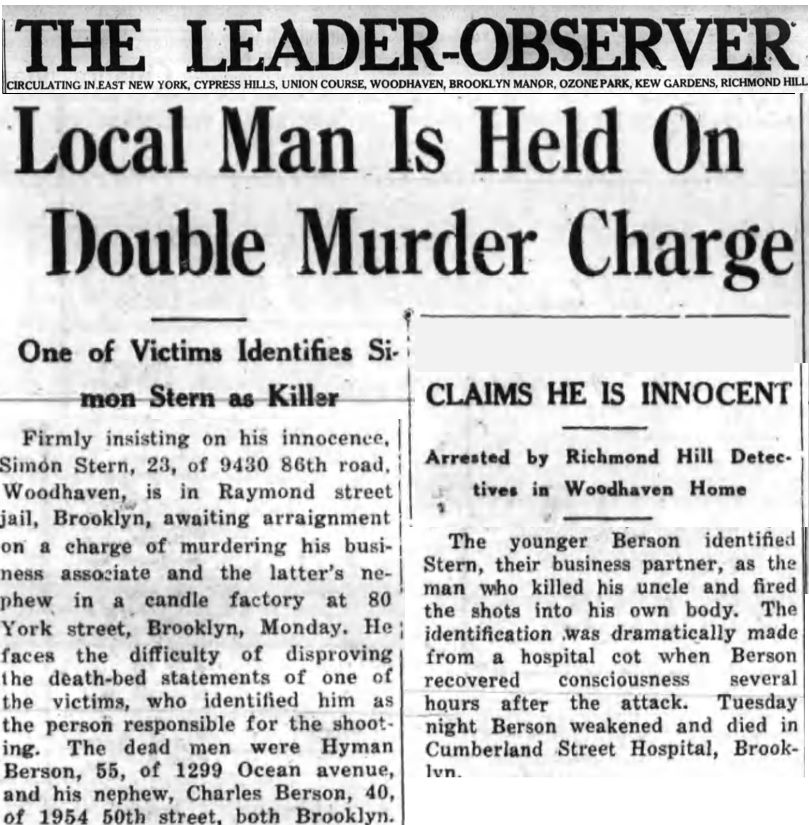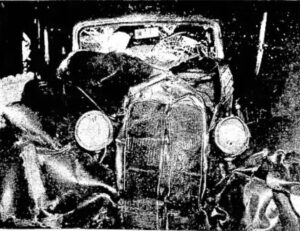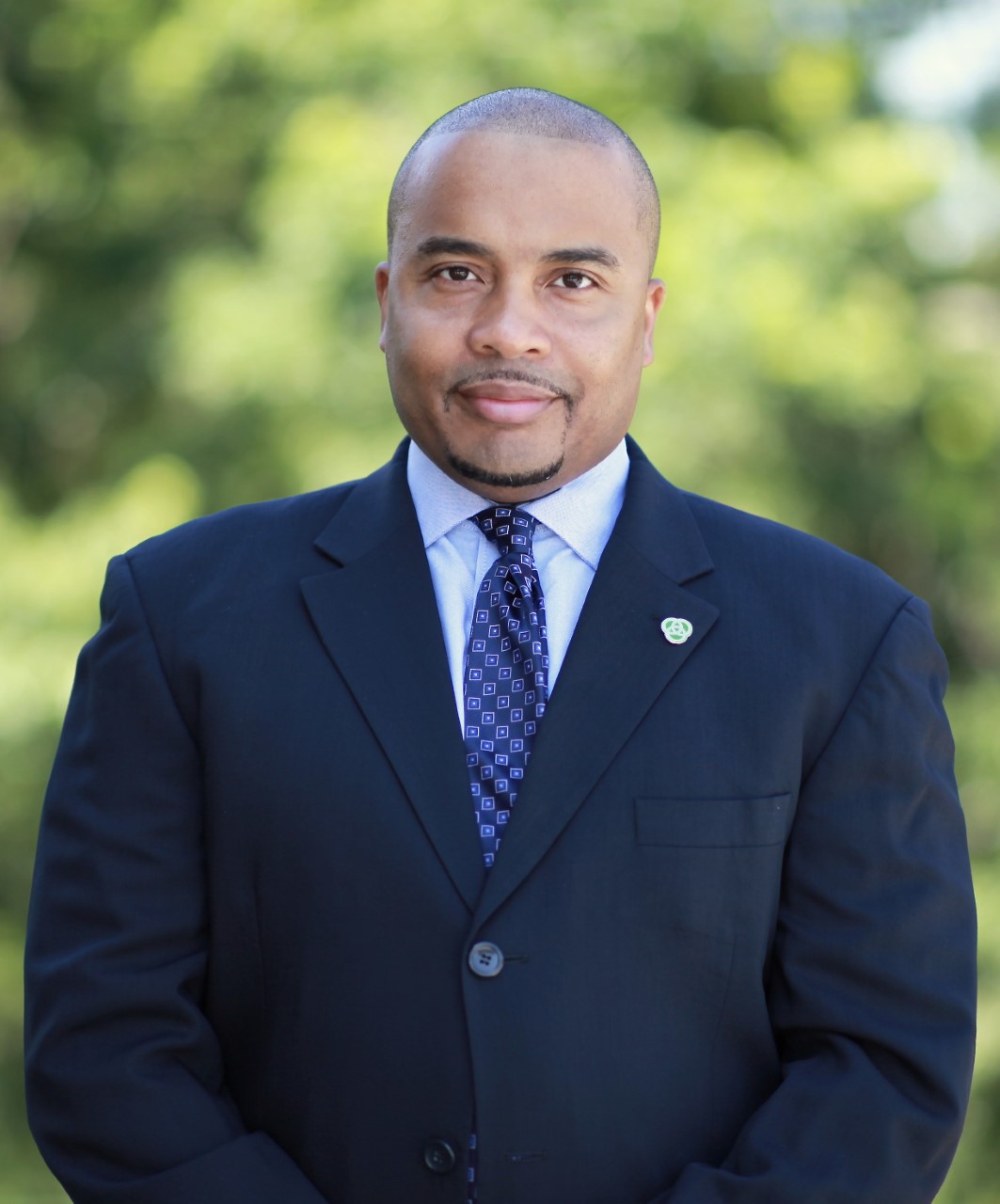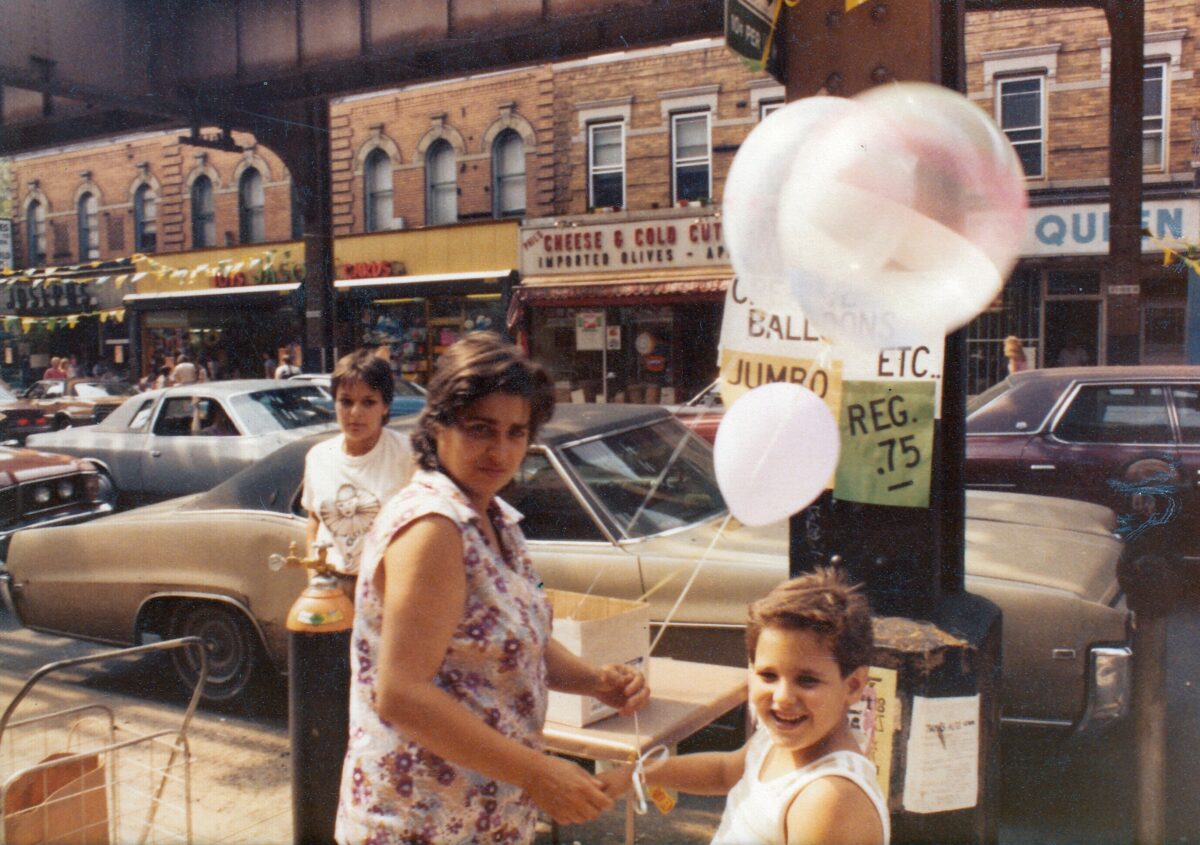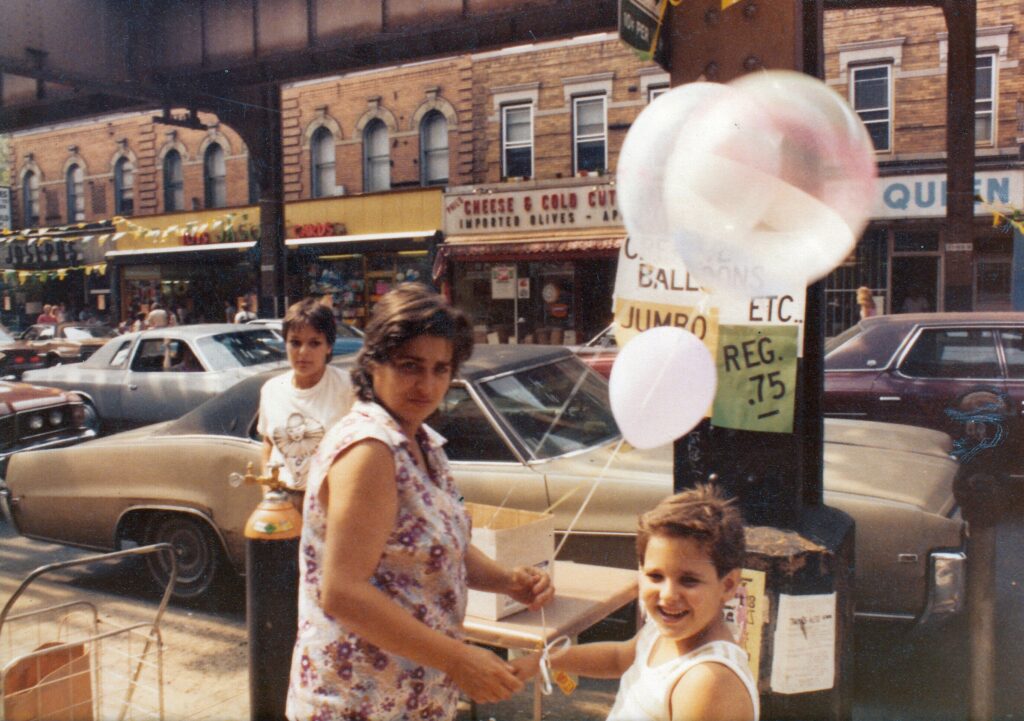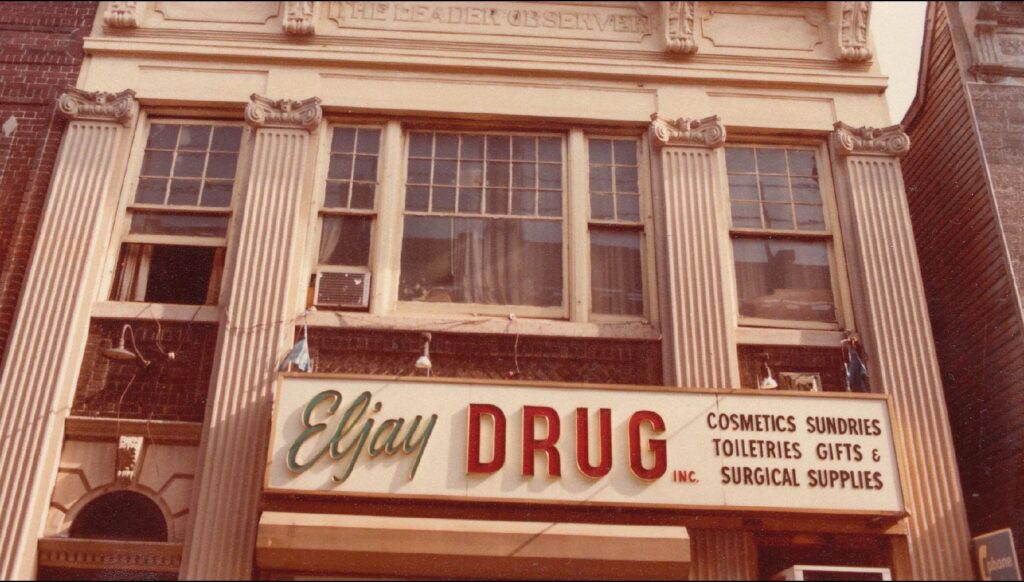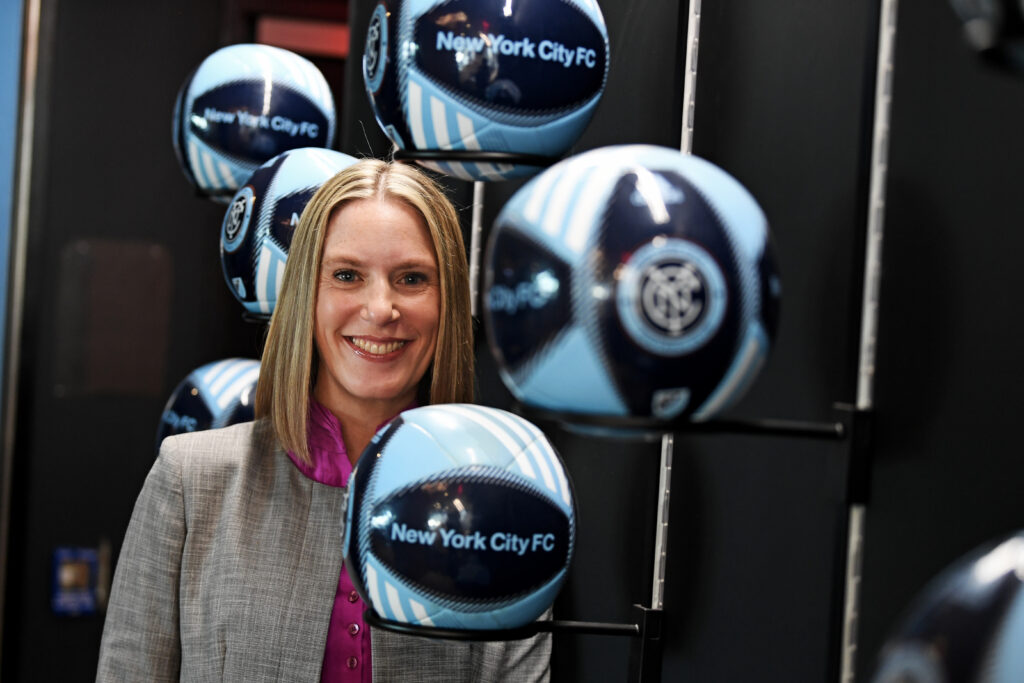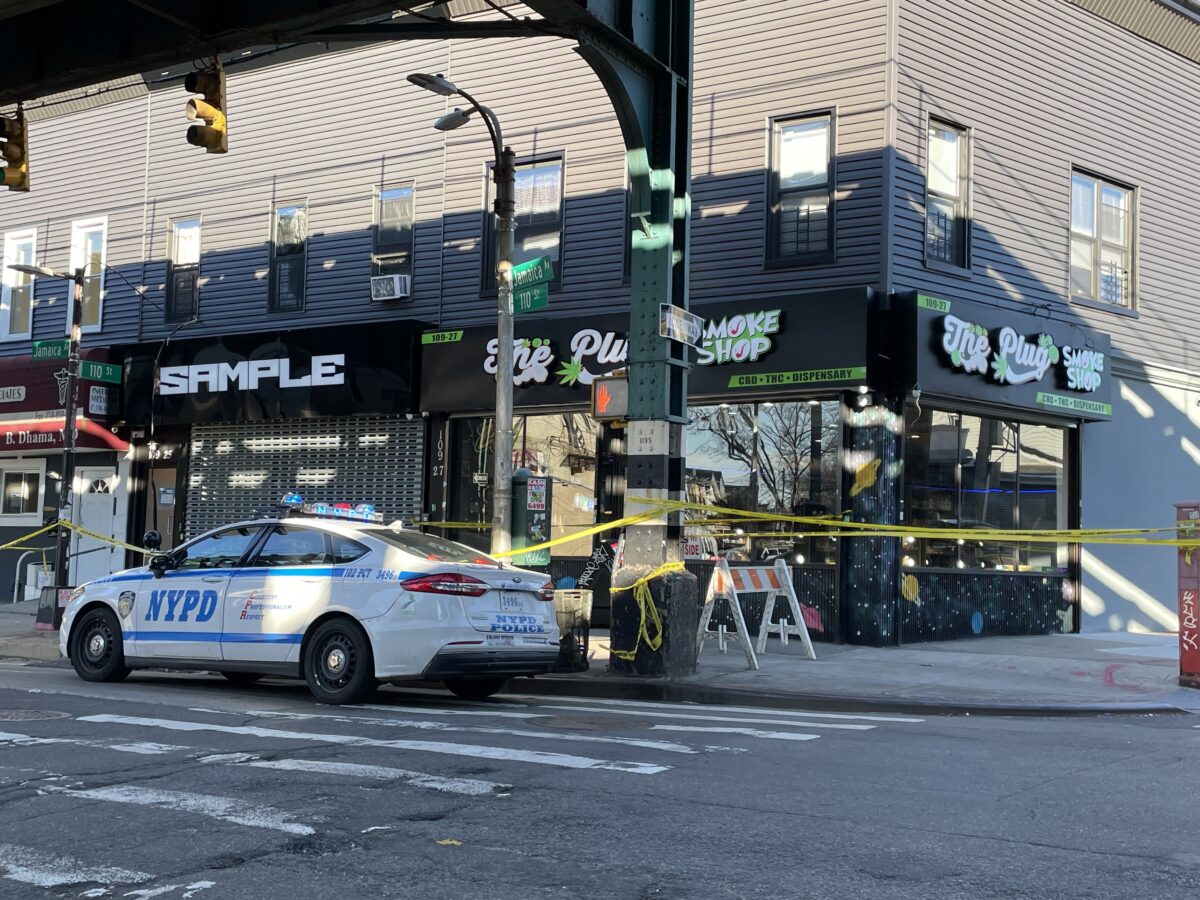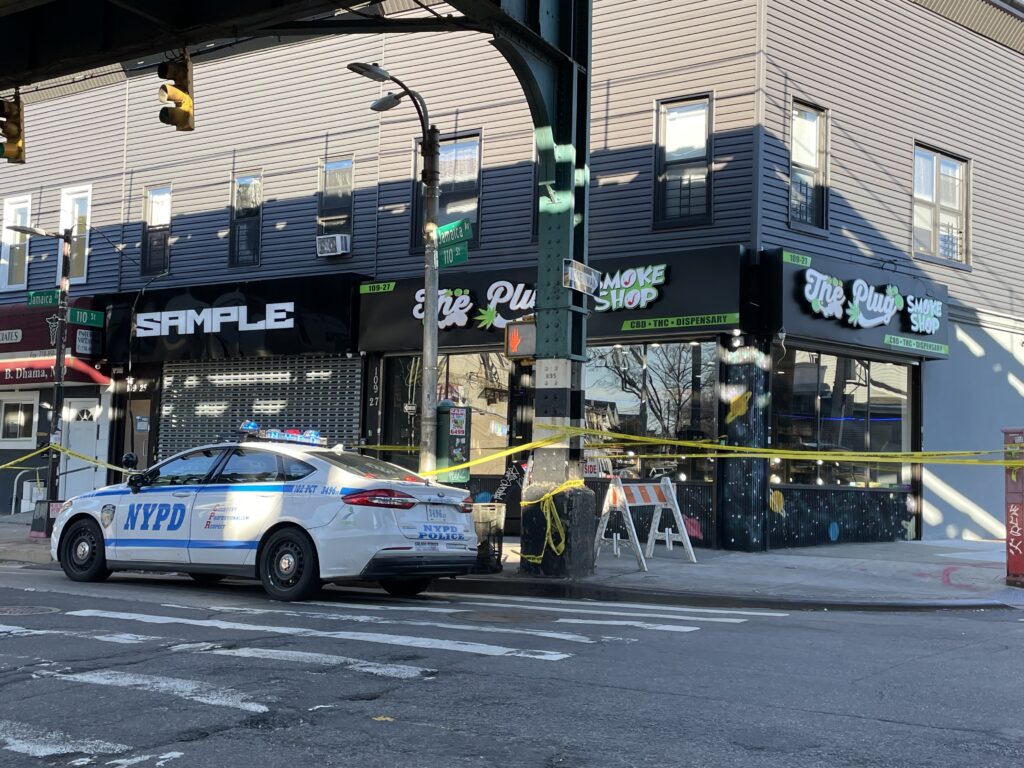By Alicia Venter
aventer@queensledger.com
Justin Rodgers has been a part of the Greater Jamaica Development Corporation (GJDC) for 17 years — however, Jamaica has been a part of him for much longer, having grown up in the Southeast Queens neighborhood.
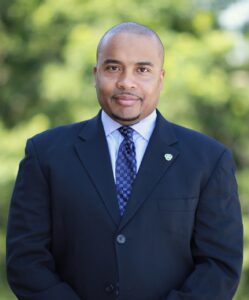
Justin Rodgers. Photo: GJDC
Margherita Pizza was the place to be growing up (and today, he noted, as the pizza parlor is still open) for now-President and CEO of the GJDC.
It’s this connection, Rodgers explained, that led the Board of Directors at GJDC to unanimously elevate him to President and CEO in June 2022 after he served as Interim President from November 2021. He is the third president of GJDC since it was formed 56 years ago.
“In the eight months that I was actually interim president, I was able to do a lot in a short period of time. I expanded our business service group and I was able to raise money for the corporation. I was able to really prove that I can run the corporation,” he shared. “That being said, I think that what I had over other candidates is that I’m personally invested in Jamaica. I’m from Jamaica. That’s one hundred percent why I am still here after 17 years.”
To develop Jamaica, Rodgers began his time at GJDC developing Jamaica Avenue, the neighborhood’s bustling shopping corridor.
The street grew in the 1920’s as Jamaica became a transportation hub. LIRR lines, subway lines and buses all converge near Jamaica Avenue, and major shopping centers began to appear.
In 1930, on the corner of 171st St. and Jamaica Avenue, the first King Kullen Grocery Company, which the Smithsonian Institute has deemed ‘America’s First Supermarket,’ was born. It has been home to department stores including Macy’s and Gertz, and now welcomes national brands such as Target, Aldi, Burlington, Old Navy and Primark.
Bringing national brands was Rodger’s project for 14 years, as concerned residents expressed to him how they were driving to Nassau County or hopping on the E train to the Queens Center to shop at those locations.
Now, Rodgers leads the effort to bring mom-and-pop shops back to Jamaica. The key, he explained, is to present real estate that is on the side streets to Jamaica Avenue.
“It’s not financially possible for mom and pop shops to open on Jamaica Avenue due to the high cost of rent. You just can’t make the numbers work. But you can make the numbers work on side streets,” said Rodgers. “So now we’re in the process of working with potential restaurant tours on some of the side streets.”
Retaining businesses was a point of concern during a recent meeting of the Sutphin Avenue Business Improvement District (BID) Annual Meeting, when the board of directors was elected for a newly consolidated BID emerging from the Sutphin Avenue BID, the 165th Street Special Assessment District and the Jamaica Center Special Assessment District. The question arose: What must be done to get businesses to stay open in Jamaica?
The issue with businesses retention, Rodgers described, has a considerable amount to do with the new busways along Jamaica Avenue. Implemented in October 2021, these busways allow only buses, trucks and emergency vehicles to make trips along Jamaica Avenue between Sutphin Blvd. and 168th St. in both directions. This bus project was designed to increase bus speeds and reliability for 14 bus routes on Jamaica Avenue and 19 bus routes on Archer Ave.
On Jamaica Avenue, all other vehicles may make local trips to access the curb, the DOT stated on their website, but must make the next available turn off the busway.
Some businesses have seen a 40-50% drop in business, according to Rodgers, since this was implemented, and the GJDC is trying to work with elected officials and the DOT to try and find ways to modify the busways.
“The busways have really harmed businesses, not only along Jamaica Avenue, but also on the side streets. The reason why is because Queens is a driving community, specifically Southeast Queens,” he said. “It’s very difficult to navigate around Downtown Jamaica if you are driving. Some people just don’t want the headache and they don’t come anymore.”
Rodgers suggested that busways be limited only to peak hours.
The consolidated BID that is coming to Jamaica, Rodgers described, will “100% benefit the businesses,” because its $1.4 million assessment will allow them to provide additional services to the businesses and the community.
Those additional services must be voted on, but they can mean more vendors, security and additional cleaning days.
Crime is a major concern for those who are looking to shop on Jamaica Avenue, especially with the recent shooting of a 22-year-old cop along the street. However, Rodgers emphasized that the shooting was an “isolated incident,” and that efforts by the 103rd Precinct and their Commanding Officer Eric A. Robinson’s involvement in community events and presence have made Jamaica a safer place.
Since taking the helm at GJDC, Rodgers has been able to provide national retailers to the residents of Jamaica, and continues to work in order to ensure small businesses continue to feel supported. For more information, visit https://gjdc.org/.



